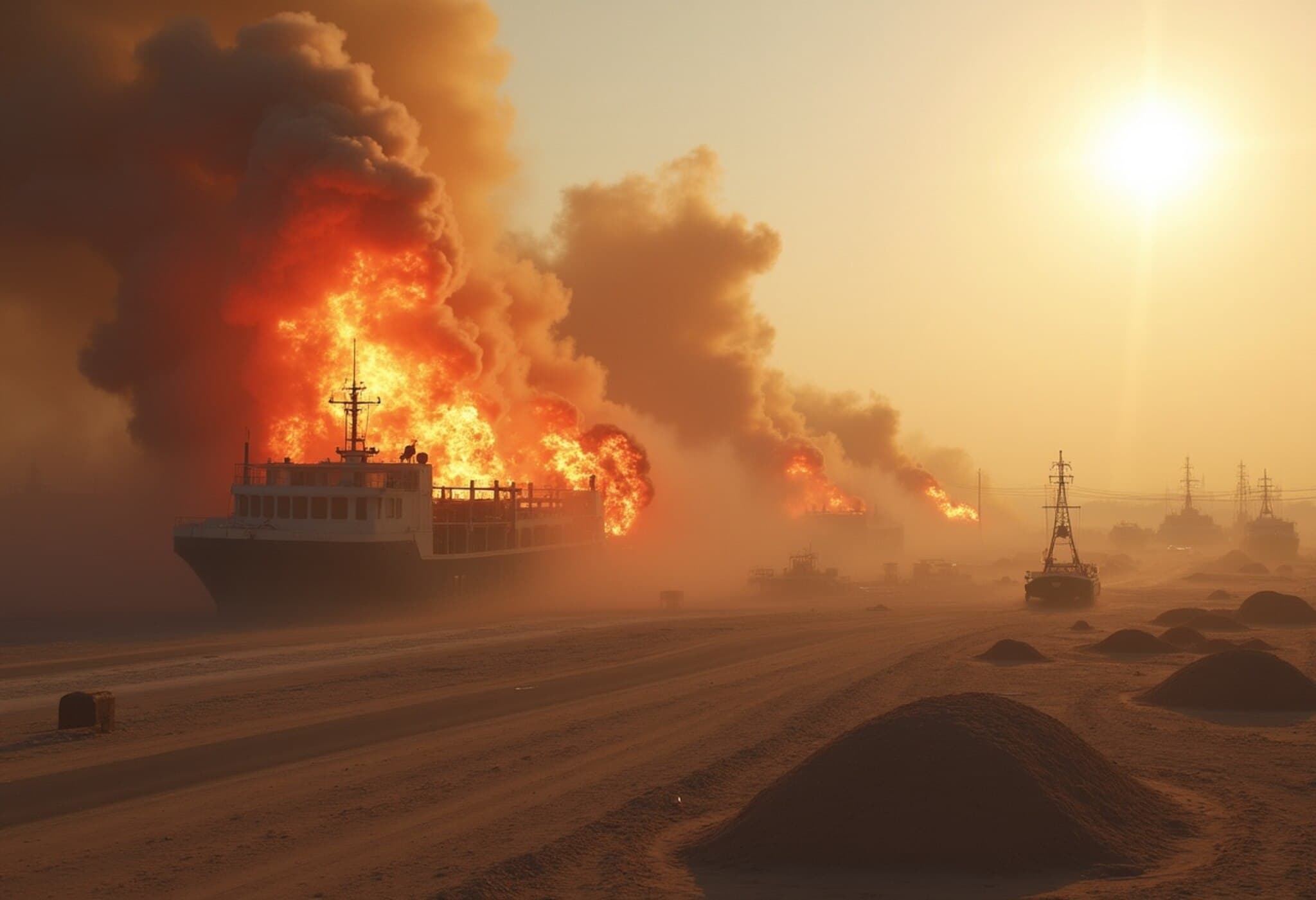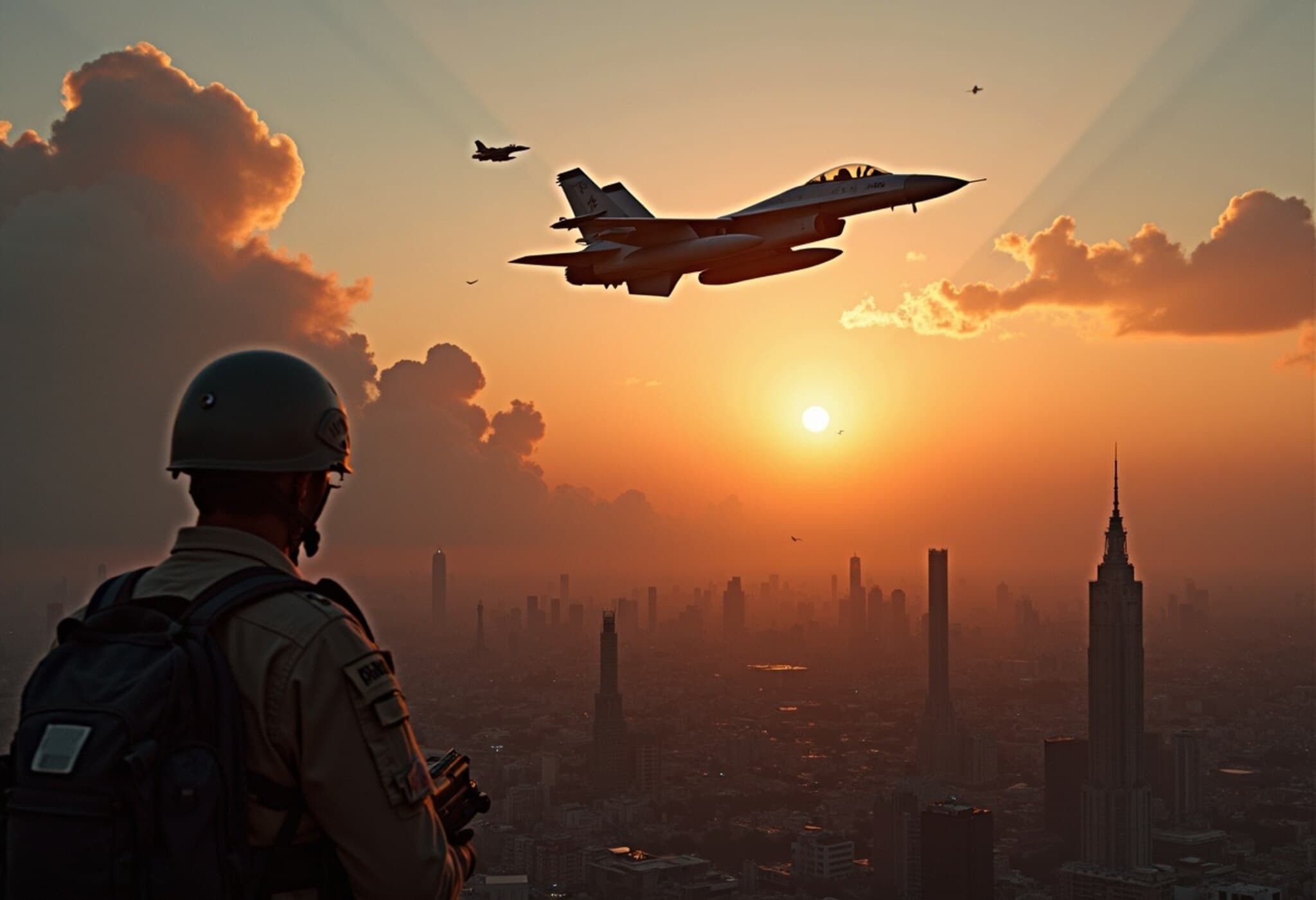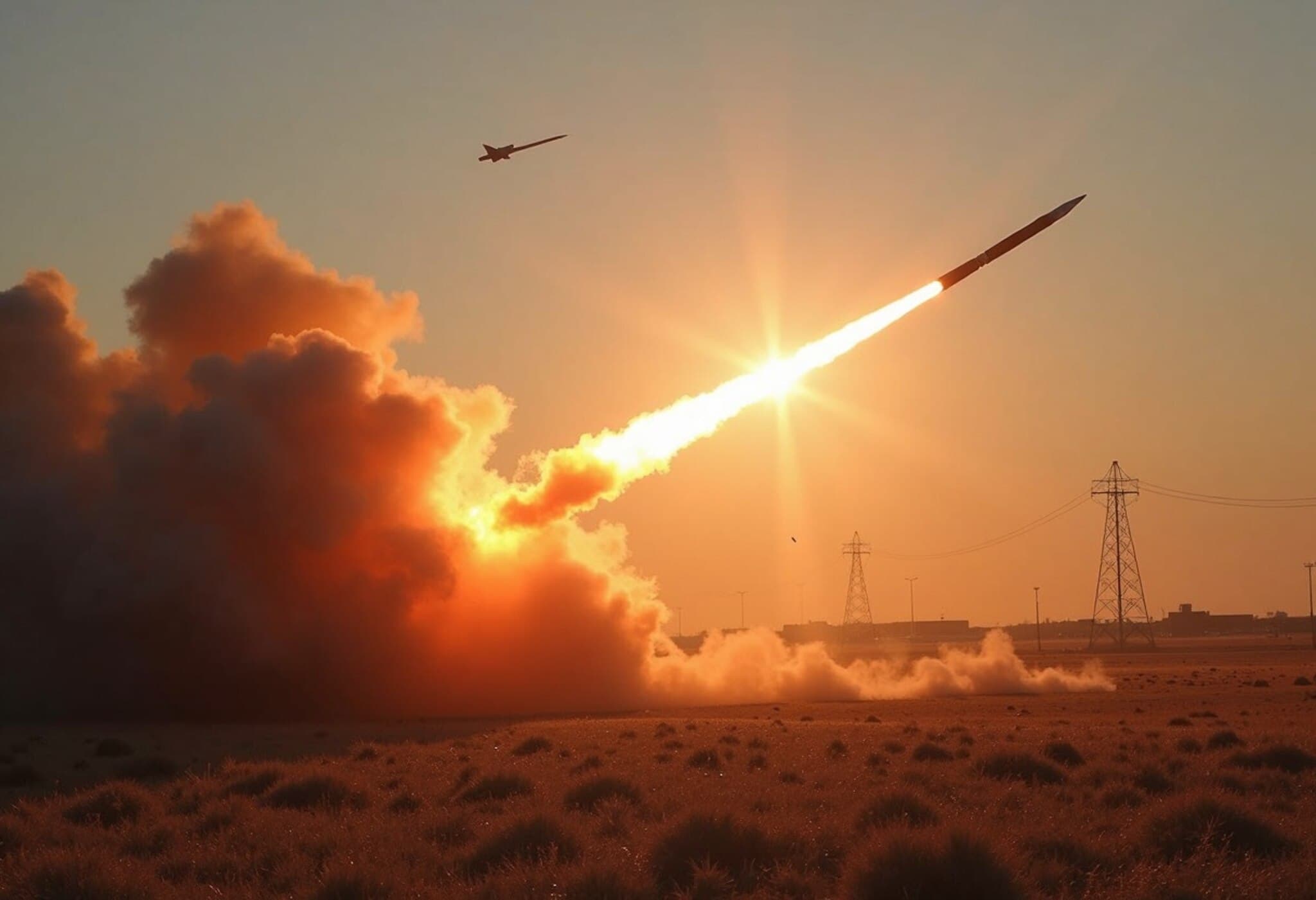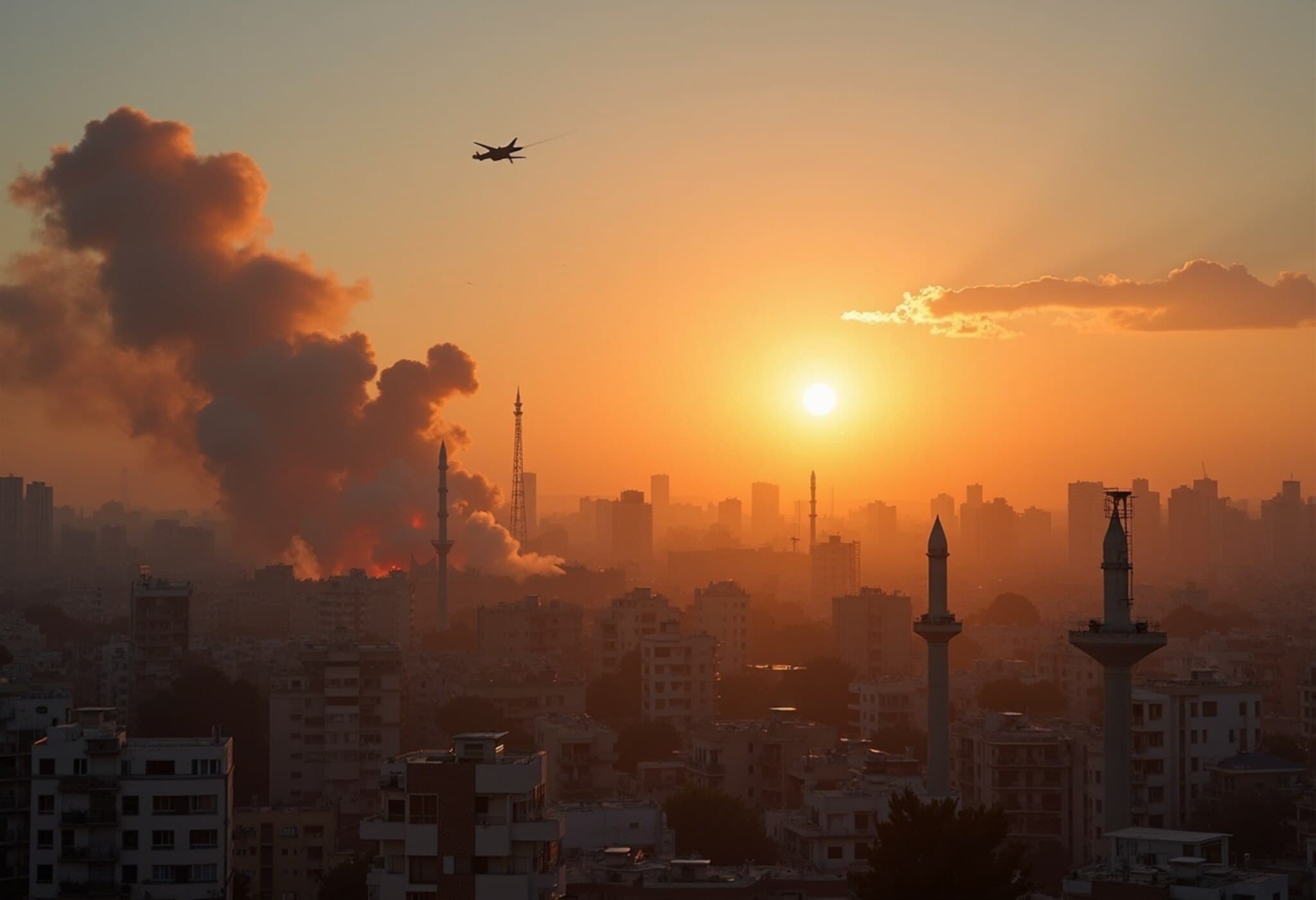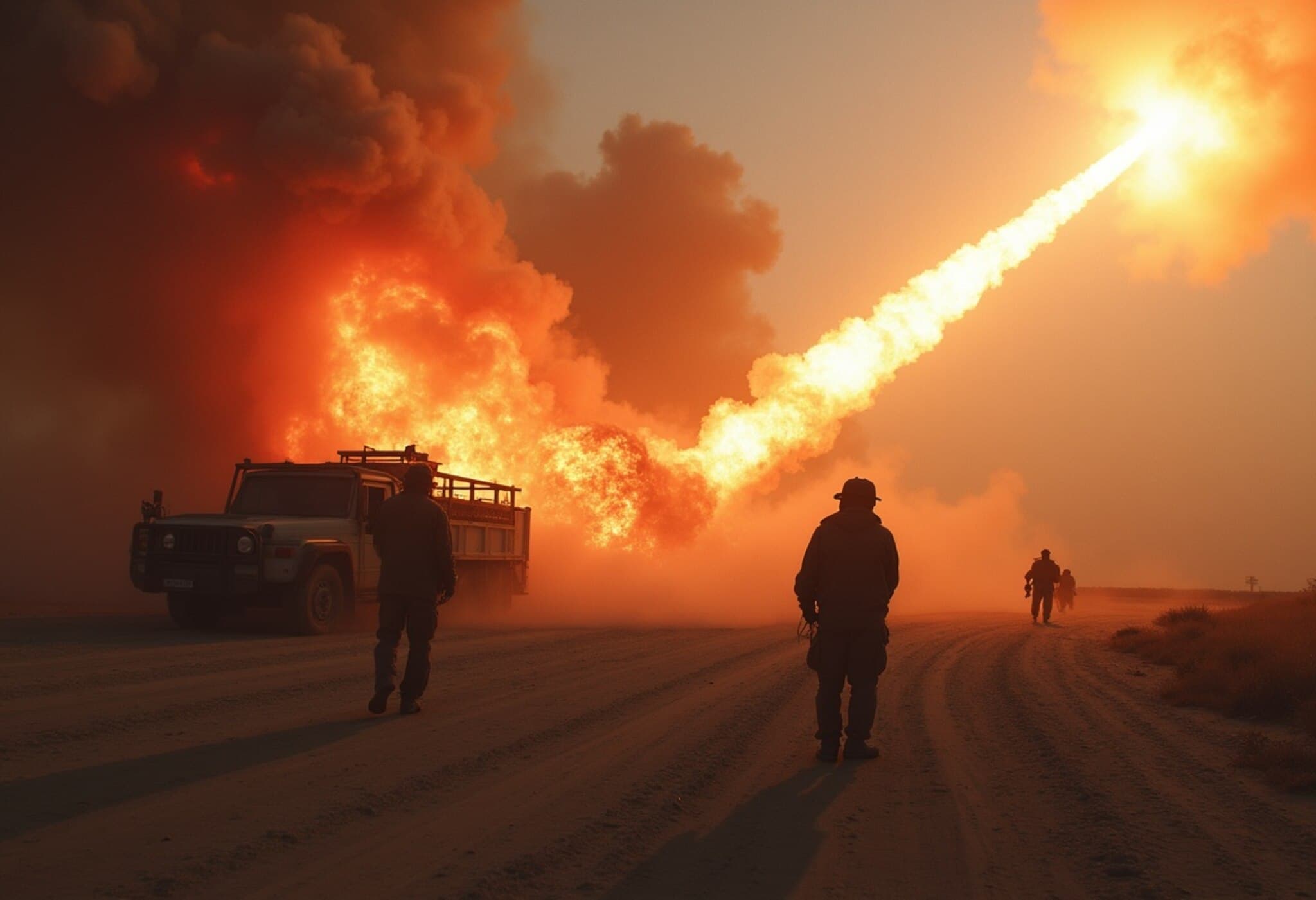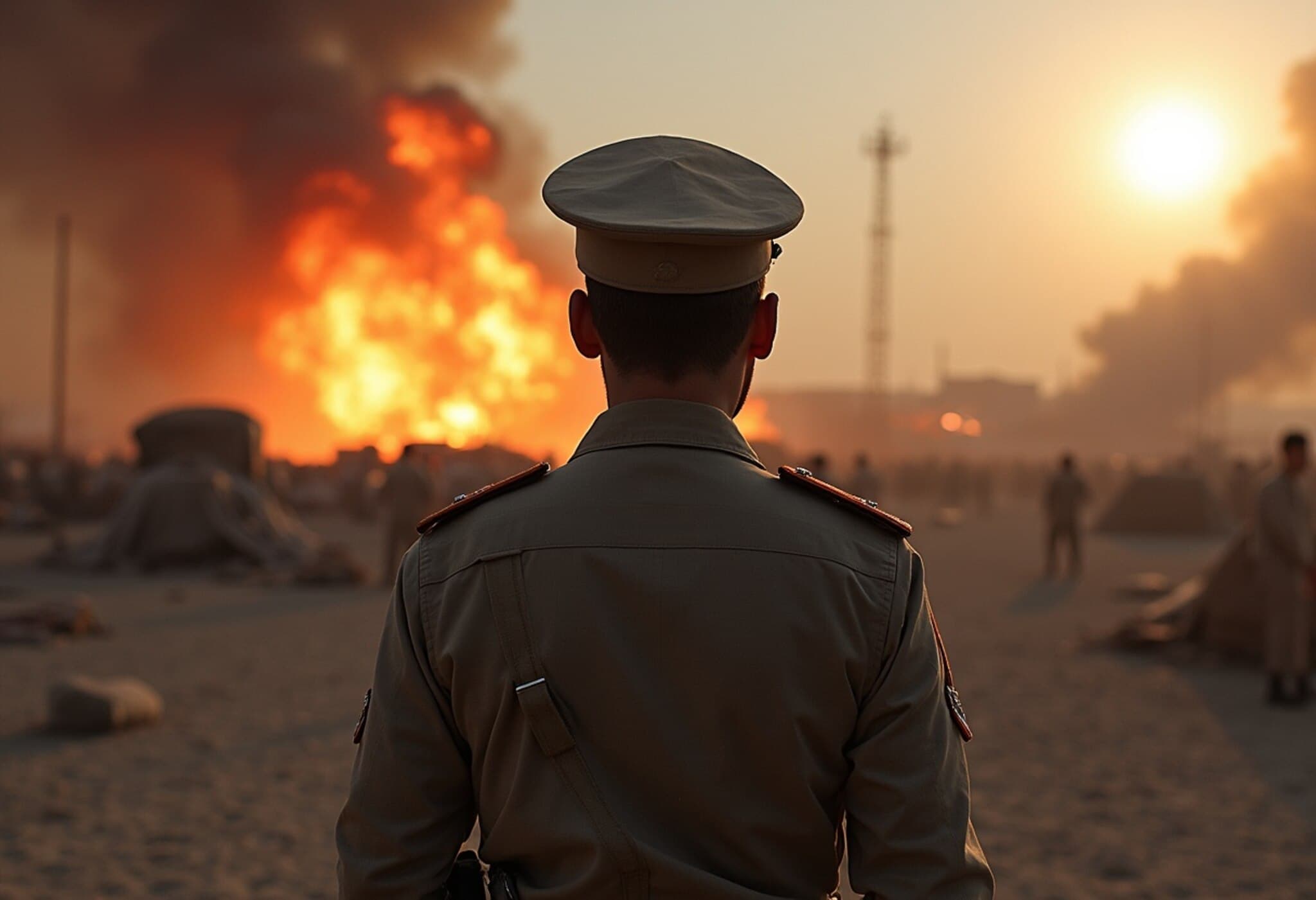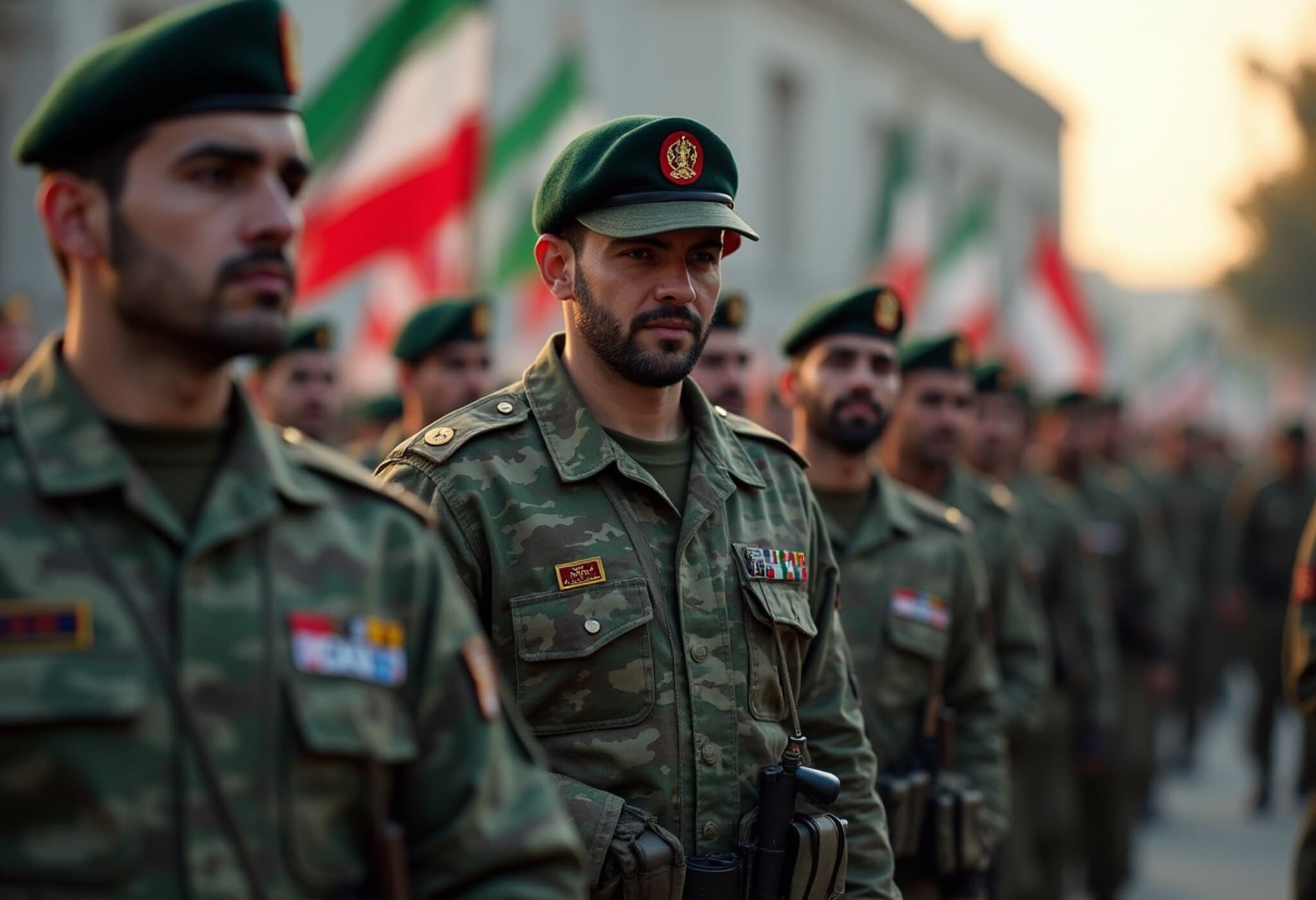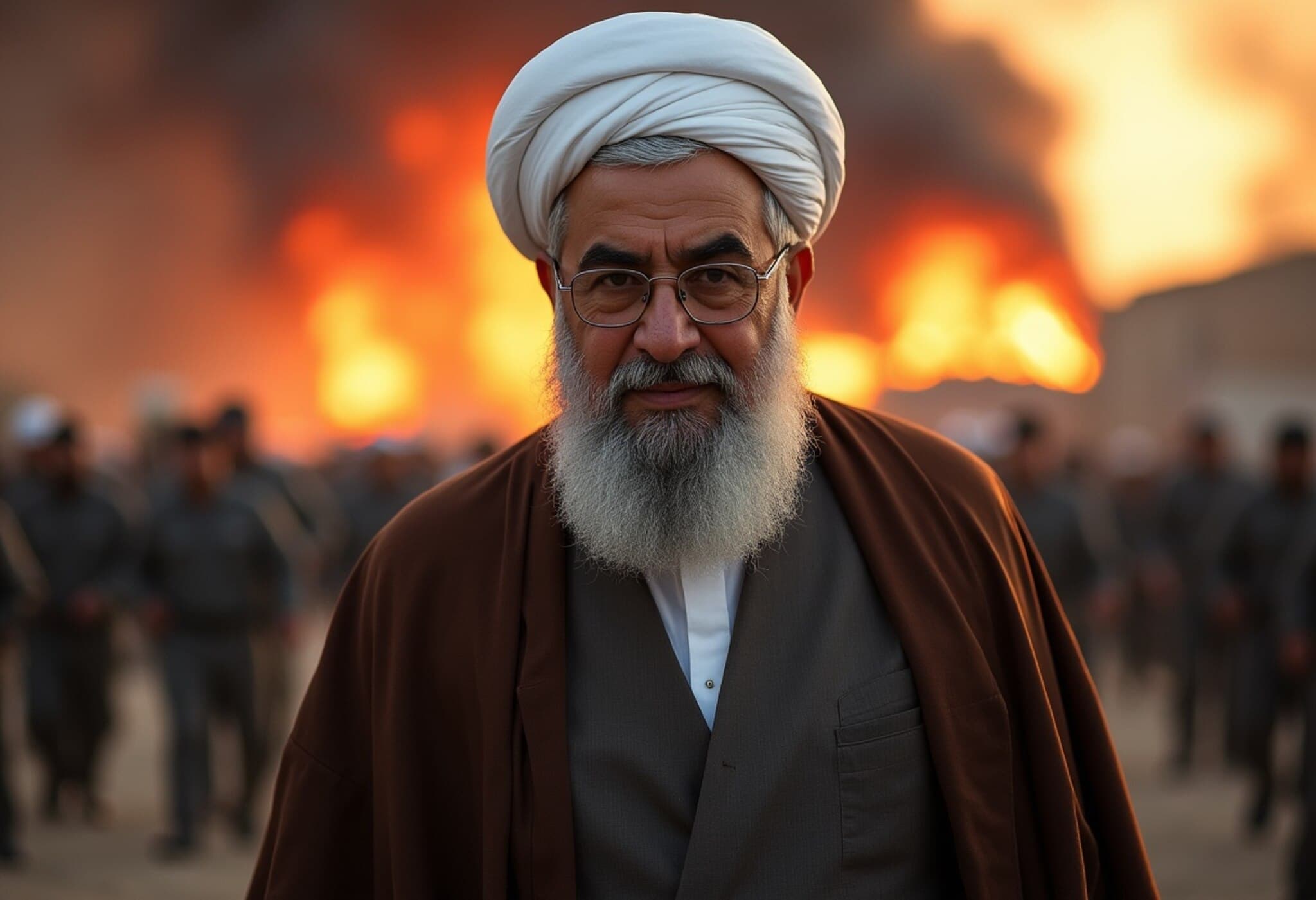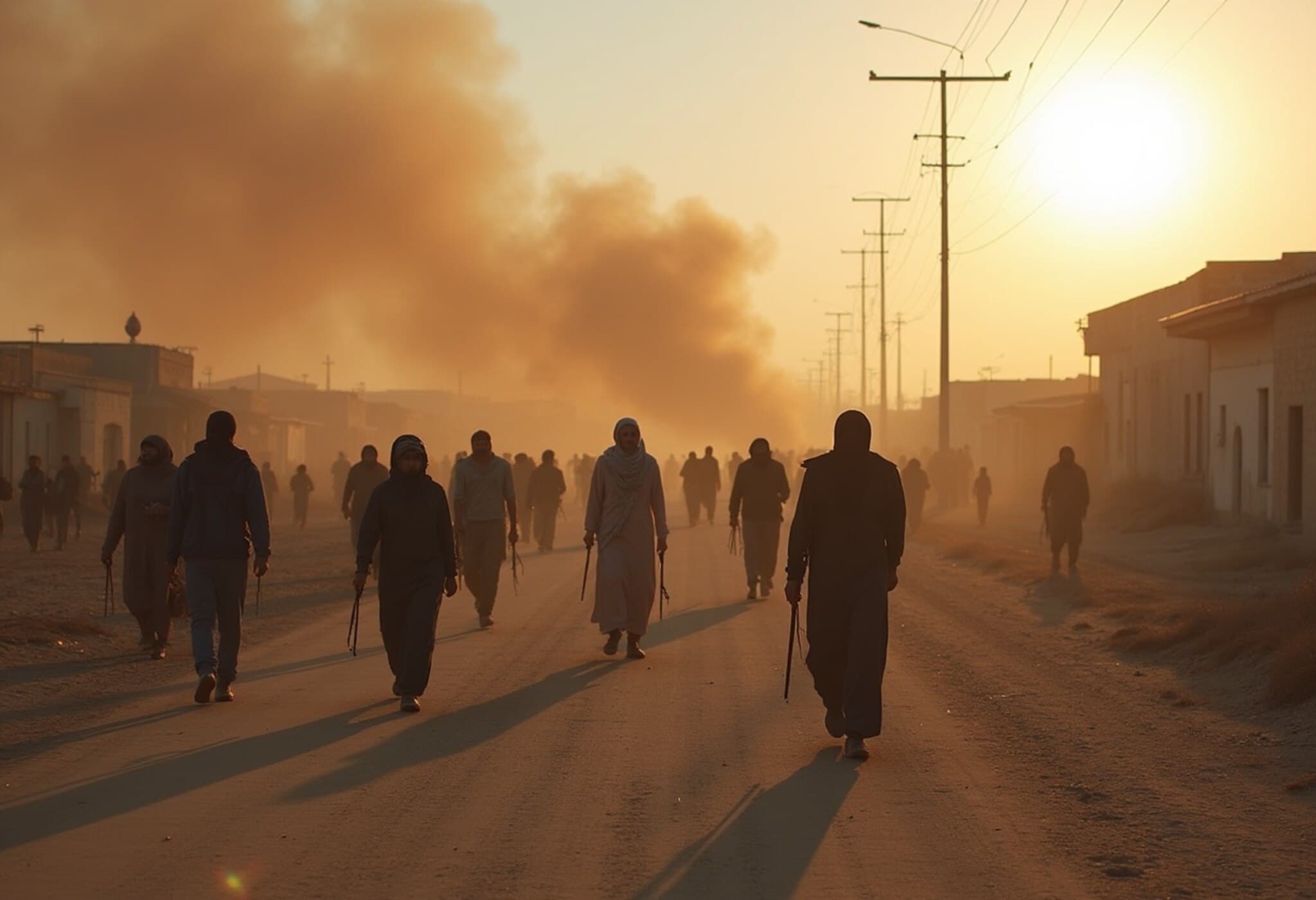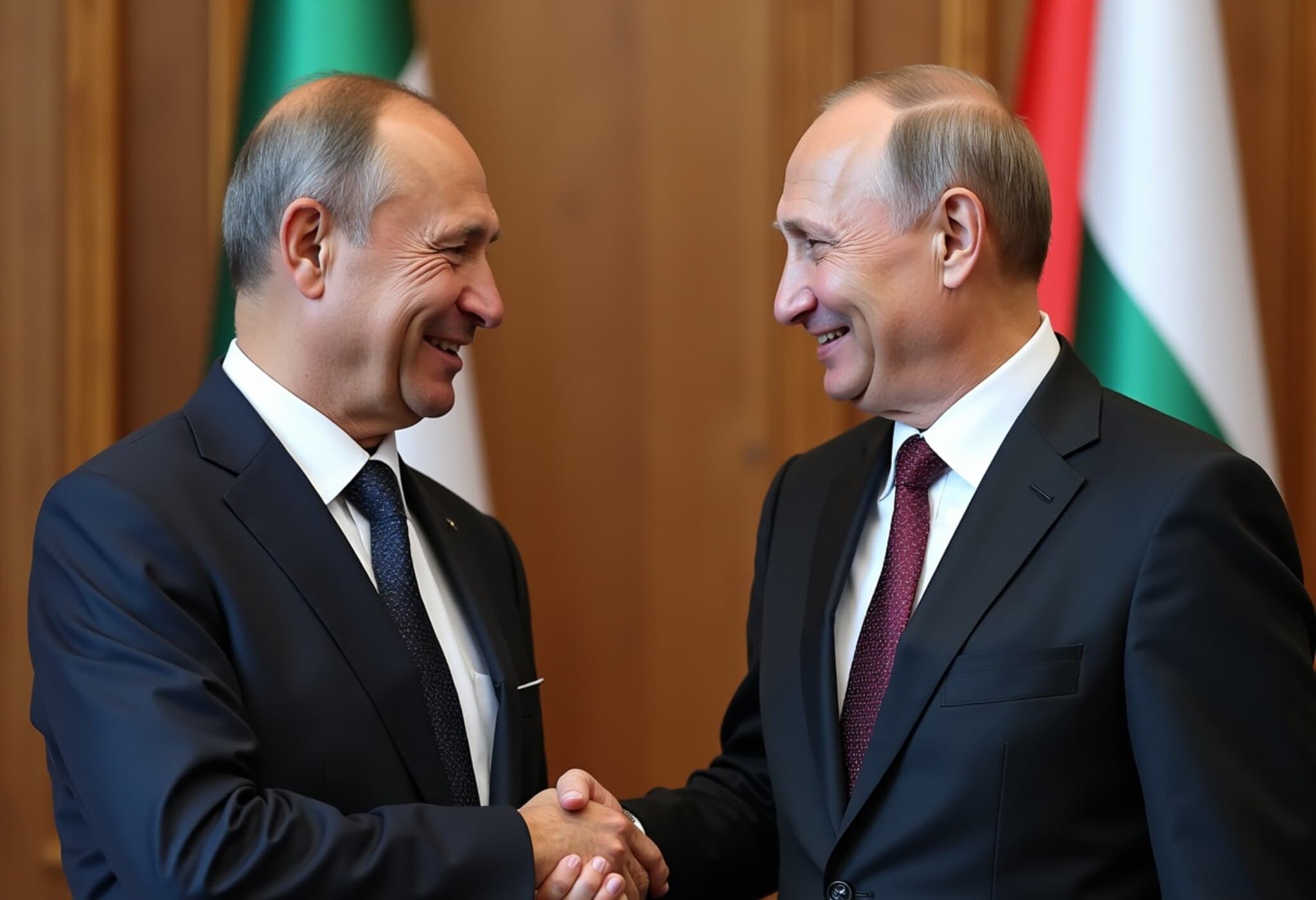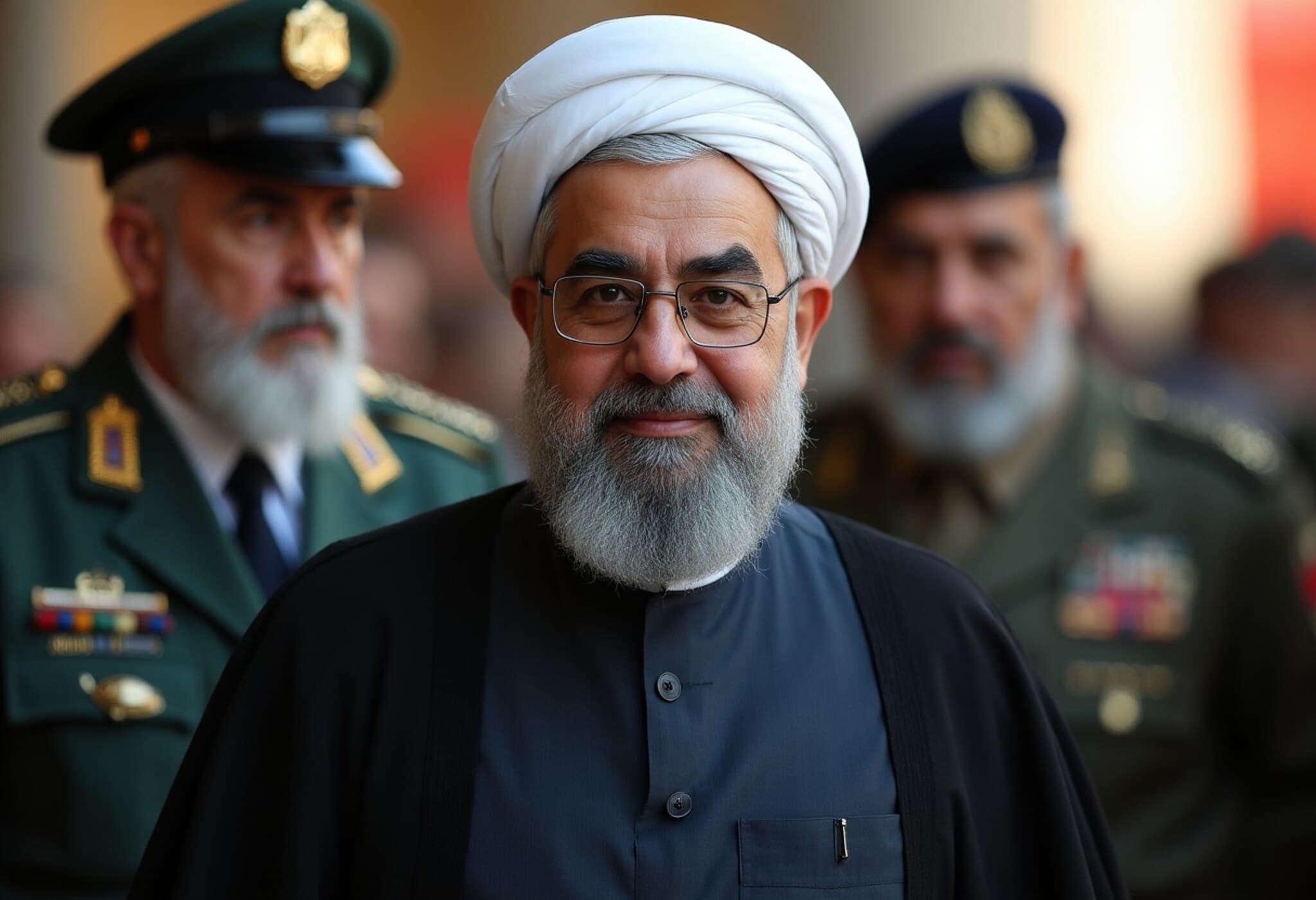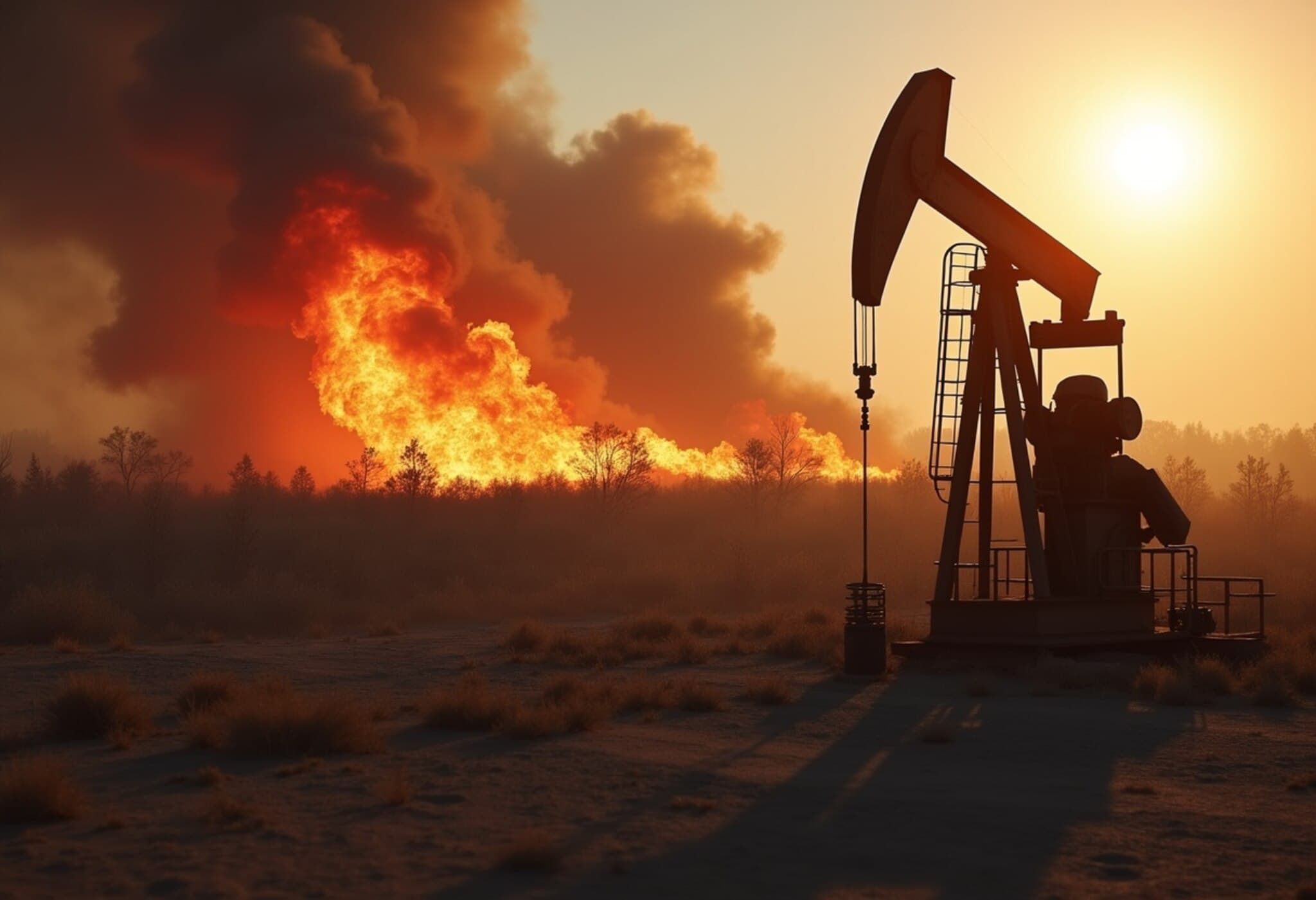Israel Targets Key Yemeni Ports in Response to Houthi Attacks
On July 7, 2025, Israel launched a coordinated series of air strikes against strategic locations in Yemen’s Red Sea port city of Hodeida, as well as the nearby ports of Ras Isa and Salif, which lie under the control of the Iran-backed Houthi rebel movement. This bold military move has escalated tensions in an already volatile Middle East, triggering immediate missile counterattacks from the Houthis.
Background: The Houthis and Their Regional Role
The Houthis have emerged as a significant proxy force allied with Iran, championing the Palestinian cause since the outbreak of hostilities in Gaza in October 2023. Their ongoing conflict with Israel involves increased use of drones and missile launches targeting Israeli territory.
Israel’s strikes are a response to what it describes as constant aggression from the Houthis, who have been actively disrupting commercial maritime routes in the Red Sea – a globally vital shipping artery connecting Europe, Asia, and Africa.
Israel’s Military Statement and Strategic Targets
The Israeli Defense Forces (IDF) highlighted that their air campaign primarily targeted terrorist infrastructure linked to the Houthi regime. Notably, among the assets hit was the Galaxy Leader cargo ship, a vessel seized by the Houthis in November 2024 and reportedly retrofitted with radar systems reportedly used to surveil maritime traffic in the Red Sea.
The IDF explicitly stated these strikes were necessitated by repeated Houthi attempts to attack Israeli interests, emphasizing a defensive posture aimed at protecting national security.
Houthi Retaliation: Missile Launches and Threats to Israeli Civilian Infrastructure
In swift retaliation, two missiles were launched from Yemeni territory towards Israeli sites, including Ben Gurion Airport and the vital seaports of Ashdod and Eilat, as well as a power plant in Ashkelon, according to Houthi military spokesperson Yehyaa Saree.
In a video statement, Saree justified the attacks as measured responses to Israeli airstrikes, underscoring the Houthis’ self-declared role as defenders of Palestinian solidarity.
Media Coverage and Official Confirmations
The Houthi-aligned Al-Masirah TV confirmed the Israeli air raids, reporting on the damage inflicted on Hodeida and surrounding infrastructure, including the Ras Al-Kathib power station. Their reports indicated the strikes commenced within half an hour of Israeli military warnings shared on social media, suggesting a highly coordinated military operation.
Regional Maritime Security at Risk
The conflict's ripple effects extend beyond land targets. On July 6, 2025, an unidentified group attacked a commercial vessel in the Red Sea near Yemen, firing rocket-propelled grenades that forced the crew to abandon the ship. The United Kingdom Maritime Trade Operations center confirmed a safe rescue operation for the crew.
Security analysts from UK-based Ambrey warned that the pattern of attacks aligns with Houthi tactics aimed at disrupting maritime supply chains, especially those affiliated with Israel or Western allies.
Escalating Stakes for International Maritime Passage
This latest uptick in aggression highlights ongoing threats to one of the world's busiest shipping corridors, which is critical for global trade, especially energy transportation. Since early 2025, the Houthis have expanded attacks to include vessels linked to US and UK interests, raising stakes for global security and economic stability.
Diplomatic Efforts and Future Outlook
Despite reaching a ceasefire agreement with the United States in May 2025 to temporarily halt airstrikes on rebel positions, the Houthis remain defiant in their commitment to target Israeli vessels and infrastructure, maintaining their role in the broader geopolitical contest unfolding across the Middle East.
Israel’s preemptive strikes, combined with the Houthis’ continued missile launches, underscore a dangerous escalation that risks drawing in regional and global powers, threatening long-sought stability in the Red Sea region.
Expert Insight: What This Means for Regional Security
Dr. Laura Thompson, a Middle East security analyst based in Washington D.C., notes, "The Red Sea corridor is a crucial geopolitical chokepoint. Any sustained conflict here risks disrupting not only commerce but also international diplomatic relations, particularly among the US, Gulf states, and Iran. The involvement of proxy forces like the Houthis complicates direct conflict resolution and raises the specter of spillover into maritime security for global powers."
Key Questions Moving Forward
- How will the US and its allies respond to continued targeting of their maritime interests?
- Can diplomatic channels successfully mediate to prevent further escalation between Israel and Iranian-backed Houthis?
- What measures are necessary to safeguard commercial shipping lanes vital to the global economy?
Editor’s Note
This unfolding conflict highlights how local battles in places like Yemen can quickly internationalize, drawing in multiple actors across the Middle East and beyond. The recent Israeli strikes and Houthi missile attacks signal not only further militarization of the Red Sea corridor but also the persistent reality that proxy wars and regional alliances remain central to understanding Middle Eastern geopolitics. Readers should stay attuned to how these developments may influence global trade flows and the strategic postures of key international players.
With contributions from AFP and expert commentary from Middle East security specialists.

